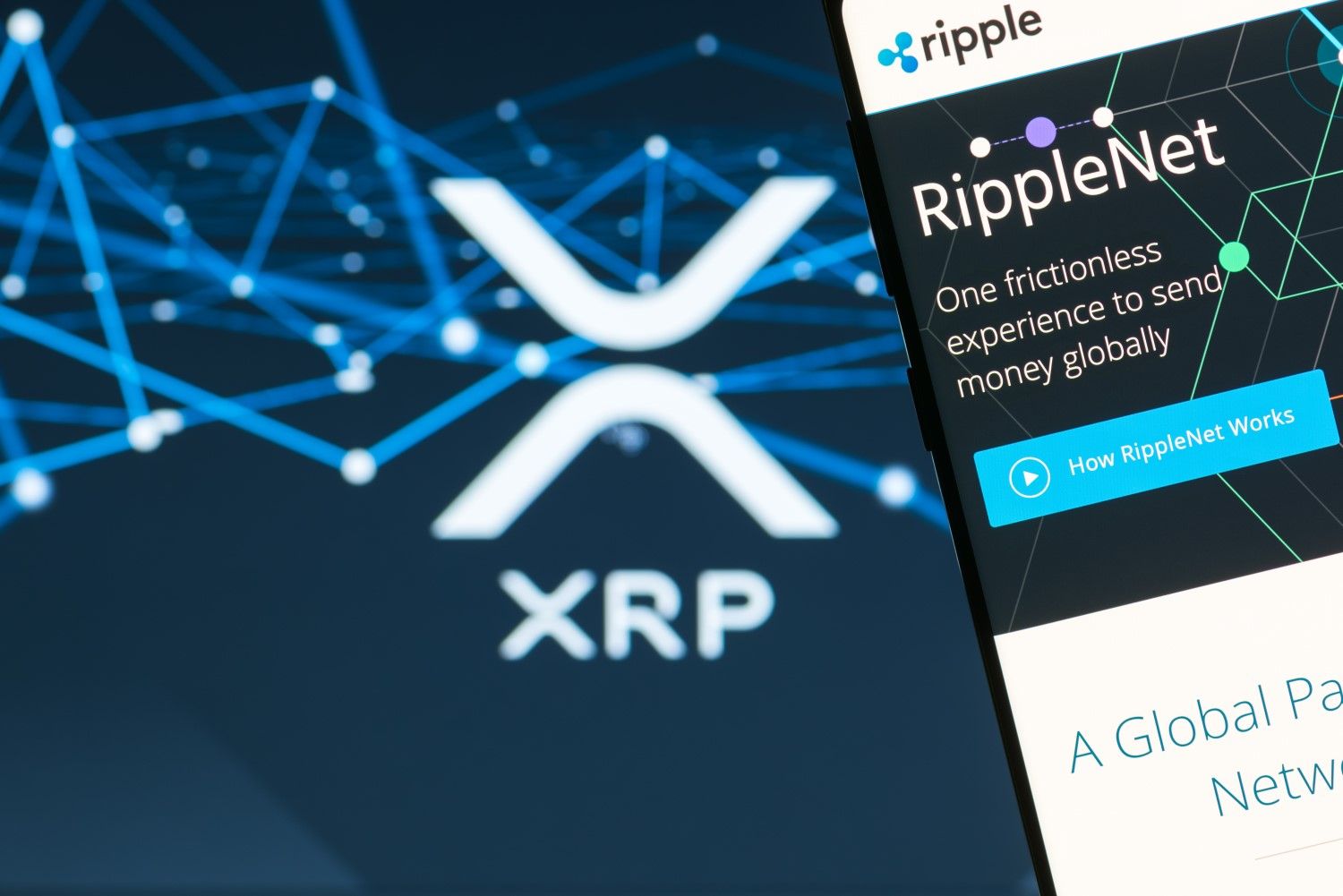The emergence of blockchain technology and the metaverse industry has given rise to various startups and ideas. I have learned about many extraordinary startup ideas as I continue to explore the space. Recently, I had an opportunity to have a conversation with a similar startup founder with a great idea, Markus Levin.
Levin co-founded a spatial data company called XYO. XYO is described as an oracle into the Metaverse by connecting physical land, people and items within this reality, making them accessible in the digital world. XYO also has a native cryptocurrency. I was looking forward to learning more about XYO and their products when I got an opportunity to interview Levin.
I started my interview by asking Markus Levin about his background and what led him to XYO.
“I’m from Germany originally. I studied there and then moved around the globe, studying and working and lived at a few countries all over like Europe, Middle East, Asia and Australia as well. I was always looking for the next best thing. Eventually, I came into the tech industry and from there in tech. I did marketing tech. I was CEO of a tech company and then I was a co founder and CEO of a publishing company.”
“We spun out things, companies like a data company, and I was just like, super, super lucky. And then the former CEO of the tech company, he started XY labs. In 2012, XY labs was IoT location company. And then in 2016, that business wasn’t doing too good. Eventually we built the XYO network and then everything took off. And that’s why we’re here today.”
It’s interesting to learn about Levin’s history and what led him to become the Co-founder of XYO. Next, I asked Markus Levin to explain the business model of XYO and the organization’s purpose.
“XYO is one of the only oracles connecting the well data with a blockchain or to the metaverse or other digital realities.”
“We realized that geolocation is easily hacked. You can pretend that you are in Toronto now when you’re actually in San Diego. Theres a problem for self driving cars on cities or if you want to try to pick something from the real world in the metaverse. There’s gonna be lots of fraud if there is value attached to it. So we tried to give more certainty around location data – that was the original premise of XYO. We did this with IOT devices and mobile phones. We call upon witness or cryptographic handshake. Those devices validate each other’s proximity to each other. And then you know, as the device travels along, it detects more and more devices, then we realize that that mission is quite narrow. Because on top of location, you build all these other data. For example if you talk about the data, where a riot is or a news event, or whatever, it’s all location!”
“We build this data layer which allows us to mention the opening hours of a restaurant. Users can contribute. Just take pictures of them and be validated. We need to be able to capture lots of data of the real world. Let’s say where your house is right where your car is, how the street looks, how your neighborhood looks. Politics and the objects and people inside there and how they will fit, what sentiment they have. And basically, we are scaling up to collect more and more of this type of data. And today, we have started out in IoT, it was difficult to make IoT partnerships work. You know, they are large companies, like very premier companies in the space, which wanted to do proof of concepts with a small company. It takes two, three years to get the proof of concept started. And we invest lots of money on like sales engineers and business development.”
Markus explained the importance of geospatial data very well. Furthermore, he explained the importance of blockchain technology and how it has benefited the XYO community.
“We launched the mobile app called COIN. It’s an Augmented Reality Rewards App, which lets you earn rewards as you explore the world. Today, it has more than 5 million downloads 4.6 star rating in the Play Store, and people use it more than three hours a day. And they basically go and collect data.”
The COIN app is an exciting business. It allows users to be able to collect tokens by exploring the spaces around them. I asked Markus to explain more about how users can earn using COIN.
“We did a 500 case studies. They made $19 million, over a certain timeframe September of last year, and then the token price went actually up. There’s one guy who made $1.6 million himself. There’s all these stories that someone paid off his mortgage. Someone went on a 20-year delayed honeymoon and someone bought a new car and all these things. I met someone at Consensus, he thanked me because he made $300,000. And it was just amazing!”
“In the beginning, our focus group, were the crypto nerds like you and me. And that you realize that that’s their narrow addressable market, because other people might be interested as well to reward or want to be part of crypto but on crypto in crypto yet. We see that there’s a lot of the crypto projects, they have this problem either the addressable market is something else in the blockchain community, which is quite small, so and then in there, it’s often a certain niche.”
Levin goes on to explain how COIN app has been able to penetrate the non-crypto market.
“Today about 80% of the users on the COIN app non-crypto people. 95% of them redeemed for XYO. Now we have an in-app currency called COIN, which is pegged to the dollar because it’s easier for people to understand. They are able to redeem these for crypto currencies and for products like guitars and in the US and the UK also for sweepstakes.”
Learning about XYO and the COIN app and how the organization has grown so much over the last year is interesting. Levin talked about the blockchain technology behind the company. A COIN case study Levin sent me after the conversation is interesting to look at as I realized how many ways people are making money through crypto.
I asked Levin about another critical component of the COIN app, Augmented Reality technology. Many people tend to associate metaverse to only Virtual Reality. I was hoping Levin will be able to explain why AR is equally (if not more) important.
“AR is going to be the entryway to that metaverse. It would be awkward to have your virtual reality headset on the whole day. That would be a dystopian world.”
Lastly, I concluded my conversation with Levin by asking about the future for XYO.
“We’re scaling! Massively! Especially right now, we can do it because we found a good business model. But also, the prices of advertising are going down quite a bit, because of the kind of markets which is a good thing for us. With that come more connections to more companies.”
Levin went on to talk about other improvements being made by XYO
“You can access us through smart contracts, but also through APIs. And so we make it extremely easy. The marriage of Web2 and Web3 is important. You need to pull people from Web2 to Web3 to be able to progress. And we have proved that we can do that. We are focusing on doing that even better!”
Markus Levin provided some great insights on XYO and the COIN app. It was also interesting to get his point of view about the emerging blockchain and AR technologies. Metaverse Insider would like to thank Markus for his time and insights.
Read More: metaverseinsider.tech









 Bitcoin
Bitcoin  Ethereum
Ethereum  XRP
XRP  Tether
Tether  Solana
Solana  Dogecoin
Dogecoin  Cardano
Cardano  USDC
USDC  Lido Staked Ether
Lido Staked Ether  Avalanche
Avalanche  TRON
TRON  Shiba Inu
Shiba Inu  Toncoin
Toncoin  Stellar
Stellar  Wrapped stETH
Wrapped stETH  Polkadot
Polkadot  Wrapped Bitcoin
Wrapped Bitcoin  Chainlink
Chainlink  WETH
WETH  Bitcoin Cash
Bitcoin Cash  Sui
Sui  Hedera
Hedera  Litecoin
Litecoin  Pepe
Pepe  NEAR Protocol
NEAR Protocol  LEO Token
LEO Token  Uniswap
Uniswap  Wrapped eETH
Wrapped eETH  Aptos
Aptos  Internet Computer
Internet Computer  USDS
USDS  Cronos
Cronos  Ethereum Classic
Ethereum Classic  POL (ex-MATIC)
POL (ex-MATIC)  Artificial Superintelligence Alliance
Artificial Superintelligence Alliance  Bittensor
Bittensor  Ethena USDe
Ethena USDe  Render
Render  Filecoin
Filecoin  Algorand
Algorand  Arbitrum
Arbitrum  Dai
Dai  Cosmos Hub
Cosmos Hub  Stacks
Stacks  Immutable
Immutable  WhiteBIT Coin
WhiteBIT Coin  Celestia
Celestia